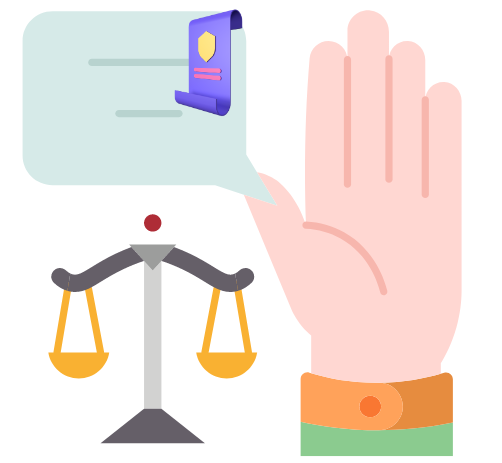

Within the field of legal technology, or LegalTech, the combination of law and technology has produced innovative developments that have completely changed the practice of law for legal professionals. The open-source movement has become a driving force behind innovation in the legal sector amidst this digital revolution, encouraging teamwork, openness, and community-driven growth.
Open-source software has become ubiquitous in many industries, including LegalTech, thanks to its collaborative development model and ease of use. Open-source software is created and maintained by a community of contributors from various backgrounds, in contrast to proprietary software, which is owned and managed by a single organization. This collaborative approach has enabled developers, attorneys, and even end users to contribute to the enhancement and personalization of legal software tools, democratizing innovation in the field of legal technology.
Transparency is one of the main benefits of open-source legal technology. To navigate intricate legal procedures and make crucial decisions, legal professionals depend on precise, dependable software. Open-source software ensures accountability and transparency by making the underlying code available for review. By looking through the code, attorneys can confirm that it is secure, functional, and complies with the law, which helps to build confidence in the technology they use.
Open-source legal technology also encourages customization and interoperability. Depending on their practice areas, jurisdictional requirements, and preferred workflows, legal professionals have a variety of needs. Open-source software is flexible and customizable, allowing users and developers to alter it to meet needs. This flexibility encourages creativity and gives legal professionals the ability to customize technology to improve effectiveness, precision, and client service.
An active ecosystem of innovation in LegalTech is fostered by the collaborative nature of open-source development. Developer communities, legal communities, and tech enthusiasts work together on open-source projects, exchanging best practices, resources, and knowledge. Because of this collective intelligence, innovation is happening at a faster rate, which hastens the creation and uptake of innovative LegalTech solutions.
Additionally, open-source legal technology encourages accessibility and inclusivity. Open-source initiatives promote collaboration and make software freely available, which lowers entry barriers for both users and developers. This inclusivity guarantees that legal professionals from all backgrounds and locations can access LegalTech innovation, rather than it being restricted to a small group of global stakeholders.
Accessible The concepts of legal innovation and access to justice are also embodied in legal tech. Open-source initiatives enable legal practitioners to use technology to improve legal services, increase access to justice, and address systemic issues in the legal system by democratizing access to technology and encouraging collaboration.
Beveron Technologies is a pioneer in open source Legal Technology in Dubai and it is the leading LegalTech solution provider for Law firms.
Final Thoughts
In conclusion, community-driven innovation, transparency, interoperability, customization, inclusivity, and access to justice are all embodied in open-source legal technology. Through the utilization of the combined creativity and intellect of various stakeholders, open-source projects propel the advancement of LegalTech and influence the trajectory of the legal sector. The collaborative nature of open-source LegalTech will be crucial in propelling innovation and enhancing legal practice for the good of society at large as the legal landscape develops further.







